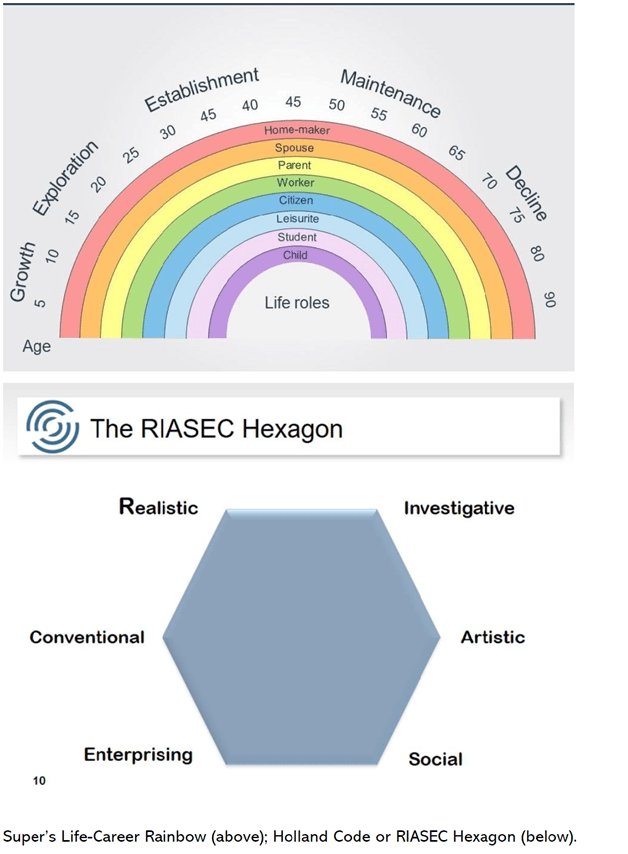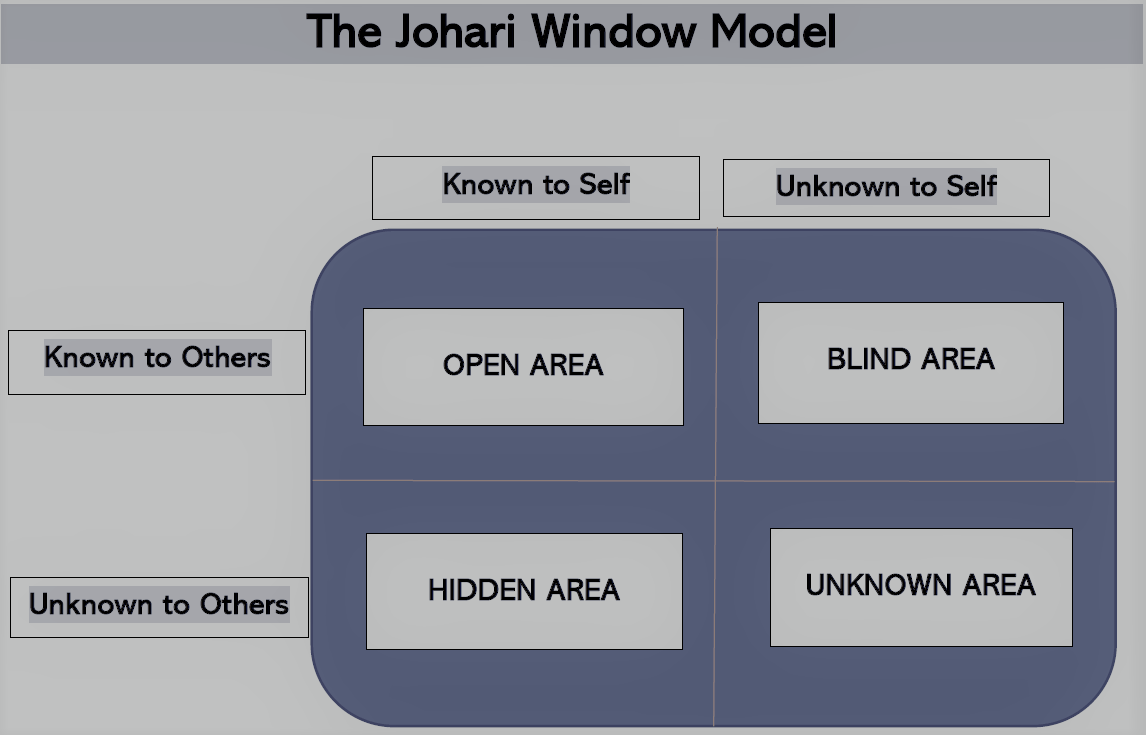


Your life has a blueprint. It is hidden somewhere inside you in the form of self-concept, interest, personality, and occupation theme. With our Success Strategy program, we can help you find out that blueprint. We use scientific methods and tools and apply theories to identify which education path and work environment in which you are most comfortable.
success strategy plan is a seven-step process that starts with the Strong Interest Inventory® assessment. The assessment is done on a simple Likert scale, but it gives a lot of useful information about the individual taking the assessment.
The assessment provides your three of the six occupational themes ( Realistic, Investigative, Artistic, Social, Enterprising, Conventional, or RIASEC), your top five interest areas, top ten career fields, and personal styles like the learning environment, work style, leadership style, team orientation, and risk-taking factors.
A certified Strong Interest Inventory practitioner then analyzes the report to check if the assessment-taker to identify discrepancies in the report or during the time of the test.
The findings are then analyzed with relevant theories to form a better understanding. More, the Johari Model provides the applicant’s personal traits and awareness of self-development.
The Strong specialist also conducts a series of interviews with the applicant. And for the comprehensive Education-Career-Life strategy report, interviews with the parents are required.
The final report would give clear indications about the assessment taker’s aptitude, interests, occupational themes, personality, and work environment one would be most comfortable and successful.
For further details, contact us at info@edufirst.ca

Triple-S denotes three success strategies – Success Strategies for Education, Success Strategies for Career and Success Strategies for Life. We also call it Education-Career-Life Design Formula.
“Give me a dozen healthy infants, well-formed, and my own specified world to bring them up in and I’ll guarantee to take any one at random and train him to become any type of specialist I might select- doctor, lawyer, artist, merchant-chief, and yes, even beggar-man and thief, regardless of his talents, penchants, tendencies, abilities, vocations, and race of his ancestors.”
– John B Watson,
Psychologist famous for the ‘Little Albert’ research.
Interest and Personality Assessment:
We take a Strong Interest Inventory® assessment with Psychometrics Canada. A certified practitioner then interprets the report.
Education Success Strategy | Career Success Strategy | Life Success Strategy:
If you take all three together, it’s a seven-step process. It involves a Strong Interest Inventory® assessment, interpret it with five career theories, the Johari Window model, a series of interviews with the candidate, and the parents. You can take a single component from this combination.
Skill-based Curricula Design & Revision:
Employers nowadays look more for the skillsets (both hard and soft) rather than the degree. Our learning design specialistcan develop the most up-to-date curriculum that goes with the 21st century digital age.
Students’ admission and visa support:
In collaboration with Canadian licensed immigration consultants and students’ agency, we offer admission and visa support for international students willing to come to Canada for higher studies. We also have referral services for immigration applications.
Holland’s theory of vocational personalities and work environment is embedded in the Strong Interest Inventory, an assessment that identifies one’s personality type, career interests and occupational theme. The theory stipulates that most people fit into one of the six personality types – Realistic, Investigative, Artistic, Social, Enterprising, and Conventional. It also suggests that people search for a work environment where they can use their skills and abilities, and can be around others who are like them.
Super introduces Self-concept and Life-Career Rainbow in his Developmental Theory, which remained an influential vocational theory in the 20th century. Identify the self-concept is very important in career decision making though individual may have characteristics appropriate for multiple occupations. His life-career rainbow divides life span into five distinctive phases – Growth, Exploration, Establishment, Maintenance, and Decline.
Gottfredson’s theory of circumscription and compromise is also a developmental theory. Her theory viewed career choice as a process rather than an event as it incorporates developmental concepts into the process. Gottfredson focuses on cognitive development as children grow in awareness of themselves and begin to eliminate vocational options that are not compatible with their growing self-image.
Savickas’ Career Construction Theory explains the process of how individuals construct themselves and direct their vocational behavior towards their career. The central concept in this theory is ‘self-construction’ that begins during childhood. In Savickas’ opinion, individuals first become actors, then agents and later authors of their own lives and careers. The theory views ‘career as a story that individuals tell about their working life’ and not progress up and down a ladder.
Bandura’s Social Cognitive Theory stipulates that people learn by watching what others do, and the human thought process helps understand personality and influence career choice. The theory put forward a framework of understanding, predicting, and changing human behavior. Bandura suggested paying attention to learn something new. Bandura’s model is action-oriented and problem-solving which appeals to those who want to make changes in their career and life. The theory has a huge impact on personality theory and therapy.
Joseph Luft and Harry Ingram created the Johari Window. It is a model of awareness for self-development. This model is a useful tool we will be using in designing an individual’s education and career strategies. The Open Area denotes public information about oneself; The Hidden Area is information that is known to himself or herself; the Unknow Area holds information that no one knows about while the Blind Area is unknown to the individual himself or herself. A healthy self-concept requires proper self-knowledge. Using the Johari Model along with Key Informant Interview (KII), we would be able to identify an individual’s strength so far remained unexplored.
